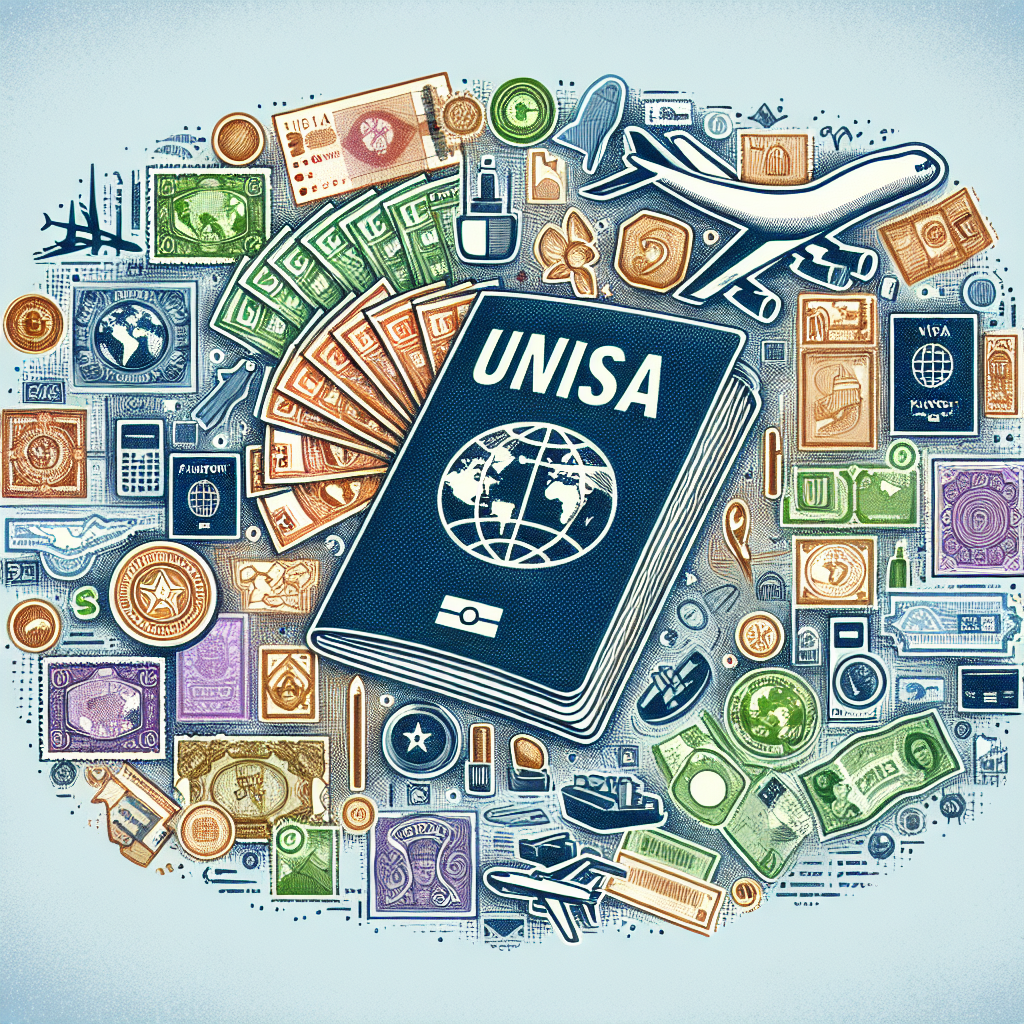Southern African Nations Unite for Expanded Univisa and Elephant Ivory Trade
Five Southern African countries—Angola, Botswana, Namibia, Zambia, and Zimbabwe—committed to broadening the use of a special common visa to facilitate easier movement of tourists. They also resolved to push for lifting the ban on elephant ivory trade, aiming to use accrued funds for conservation efforts. The univisa is currently operational in Zambia and Zimbabwe.

Five Southern African countries on Friday committed to expanding the use of a special common visa to allow easier movement of tourists as the region seeks to boost arrivals.
Officials from Angola, Botswana, Namibia, Zambia and Zimbabwe, countries that make up the Kavango-Zambezi (KAZA) Transfrontier Conservation Area, pledged in principle to broaden use of the special visa, called a univisa, which allows entry into multiple countries. The univisa is currently used in Zambia and Zimbabwe and covers day trips to Botswana through Kazungula.
Regional leaders attending a KAZA heads of state summit in Livingstone, Zambia, said they want the special visa extended to other states in the conservation area as well as the southern African economic bloc. "We must simply say that this will happen," Zambian President Hakainde Hichilema said in his address. "I am grateful that my colleagues have reached consensus on the univisa."
Botswana Vice President Slumber Tsogwane said his country would fully adopt the univisa. KAZA member states also resolved to urge the Convention on International Trade in Endangered Species of Wild Fauna and Flora (CITES) to lift a ban on the trade of elephants and ivory.
The 184-member inter-governmental CITES regulates wildlife trade to protect certain species from over-exploitation. It banned trade in African elephant ivory in 1989 after the animal's population had declined sharply in the previous decade. KAZA states say they hold $1 billion worth of ivory stockpiles, which they want to trade to fund conservation programmes.
(This story has not been edited by Devdiscourse staff and is auto-generated from a syndicated feed.)
- READ MORE ON:
- Southern Africa
- univisa
- tourism
- visa
- conservation
- ivory trade
- CITES
- KAZA
- tourists
- transfrontier
ALSO READ
Dr Bibhab Talukdar Lauds PM Modi’s Rhino Conservation Efforts Ahead of World Rhino Day
Prime Minister Modi Reaffirms Commitment to Rhino Conservation on World Rhino Day
The Art of Living's Groundbreaking Water Conservation Efforts Across India
Rising Rhino Numbers Amid Increased Poaching: Conservation Battle Continues
Trump Rules Out Future Presidential Runs, Cites 2024 Bid As Final Attempt










